Places to visit in Lucknow
The City of Nawabs, is a delightful blend of rich history, architectural elegance, and cultural sophistication. Known for its grand monuments, lush gardens, and refined etiquette, the city offers a journey through time with every corner echoing tales of the Mughal and British eras. Whether you’re a history lover, food enthusiast, or a curious traveler, Lucknow promises a memorable experience with its timeless charm and warm hospitality.
Wiki Link: Places to visit in Lucknow

Bara Imambara
Built in 1784 by Nawab Asaf-ud-Daula, the Bara Imambara is a striking example of Mughal-inspired Awadhi architecture. It was constructed during a famine to provide employment, making it historically and socially significant. The complex includes the Asfi Mosque, a central hall (among the largest arched constructions without beams), and the famous Bhul Bhulaiya (Labyrinth).
The maze, with over 1,000 passages, adds an air of mystery. Visitors are amazed by its acoustic wonders and architectural brilliance. It’s one of Lucknow’s most iconic heritage sites.
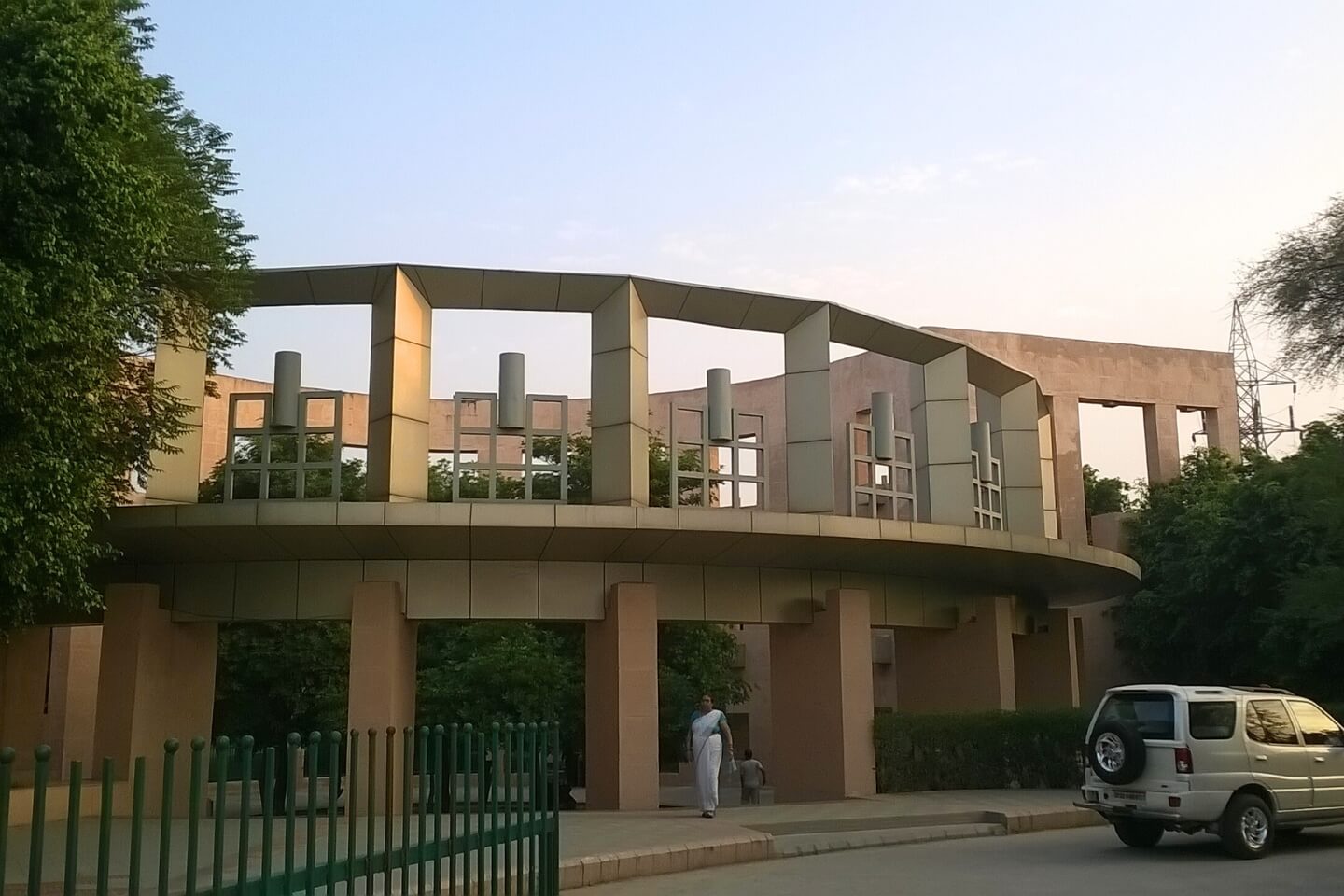
Dr. Ram Manohar Lohia Park
Located in Gomti Nagar, this park features walking tracks, open gyms, and musical fountains, offering a mix of fitness and leisure.
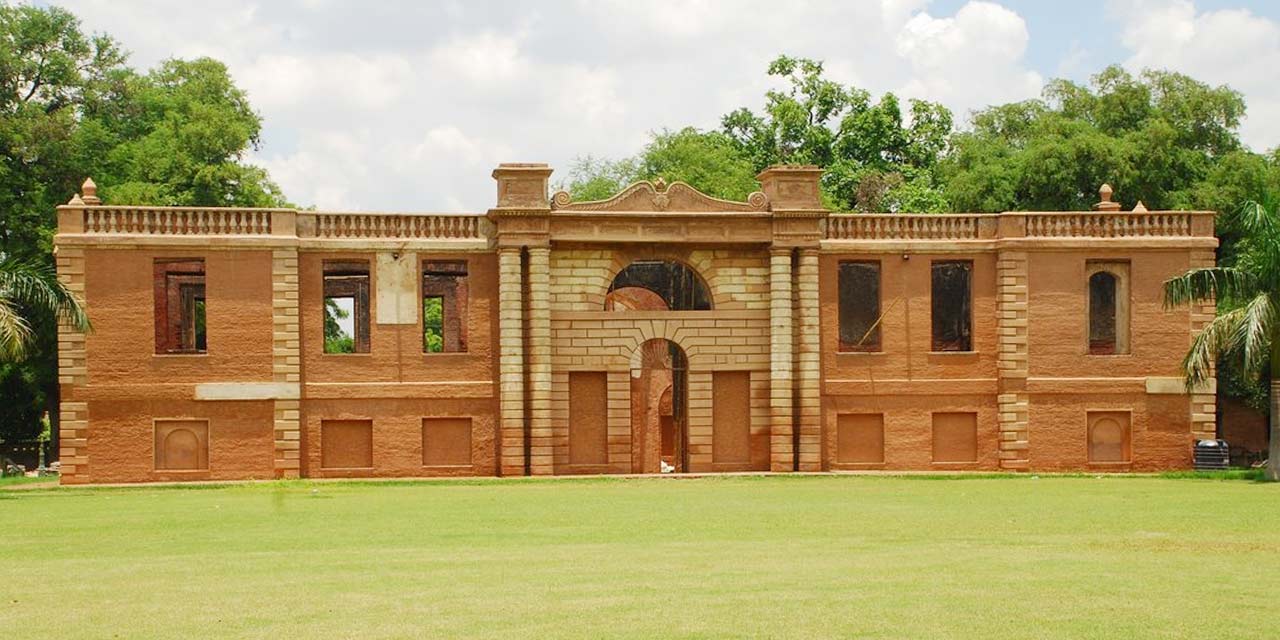
Dilkusha Kothi
Once a hunting lodge for the Nawabs, these ruins now stand as a reminder of colonial architecture and royal indulgence.
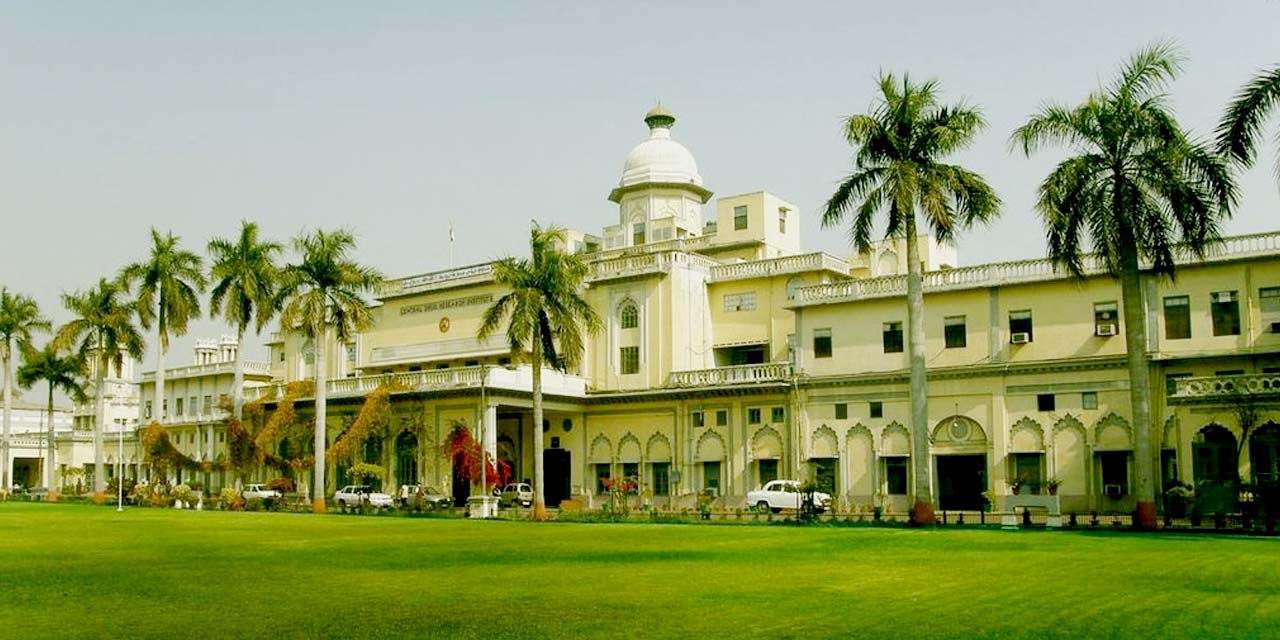
Chattar Manzil
Meaning ‘Umbrella Palace,’ this building served as a residence for the Awadhi rulers and is an architectural blend of Mughal and European styles.
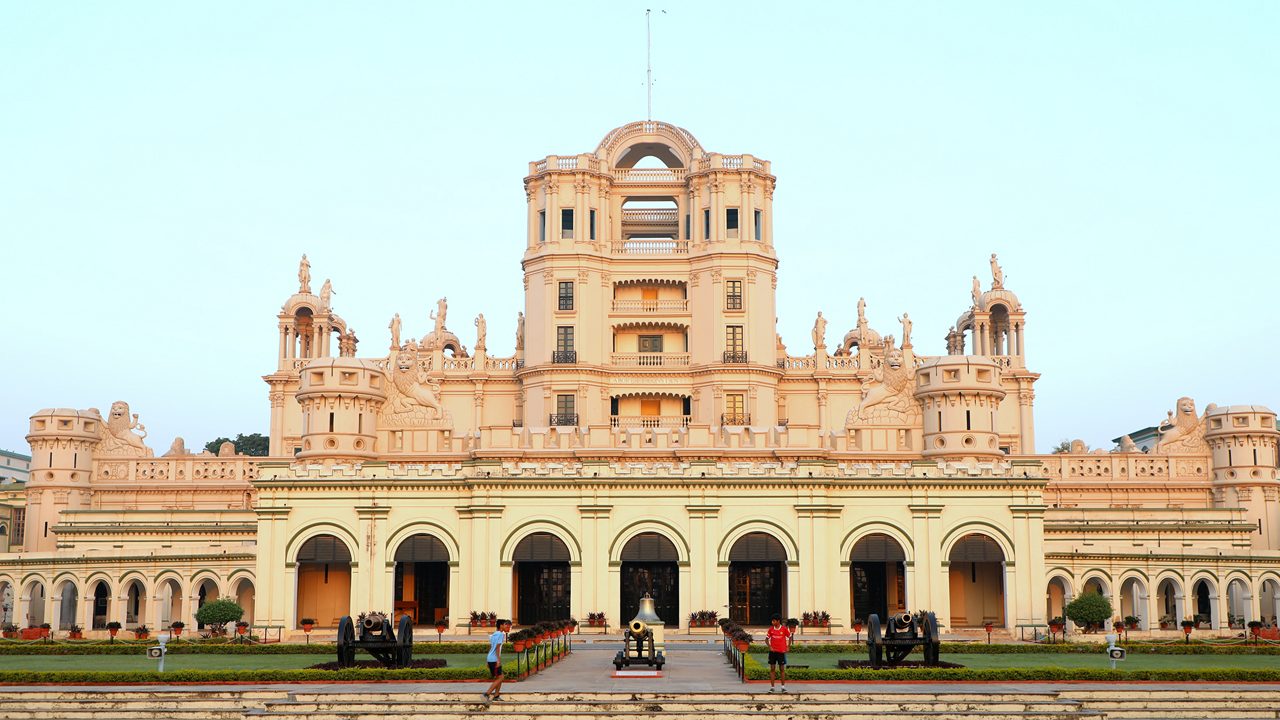
La Martiniere College
An iconic educational institution, it boasts stunning architecture and a rich colonial history. The Constantia building is the centerpiece of this campus.
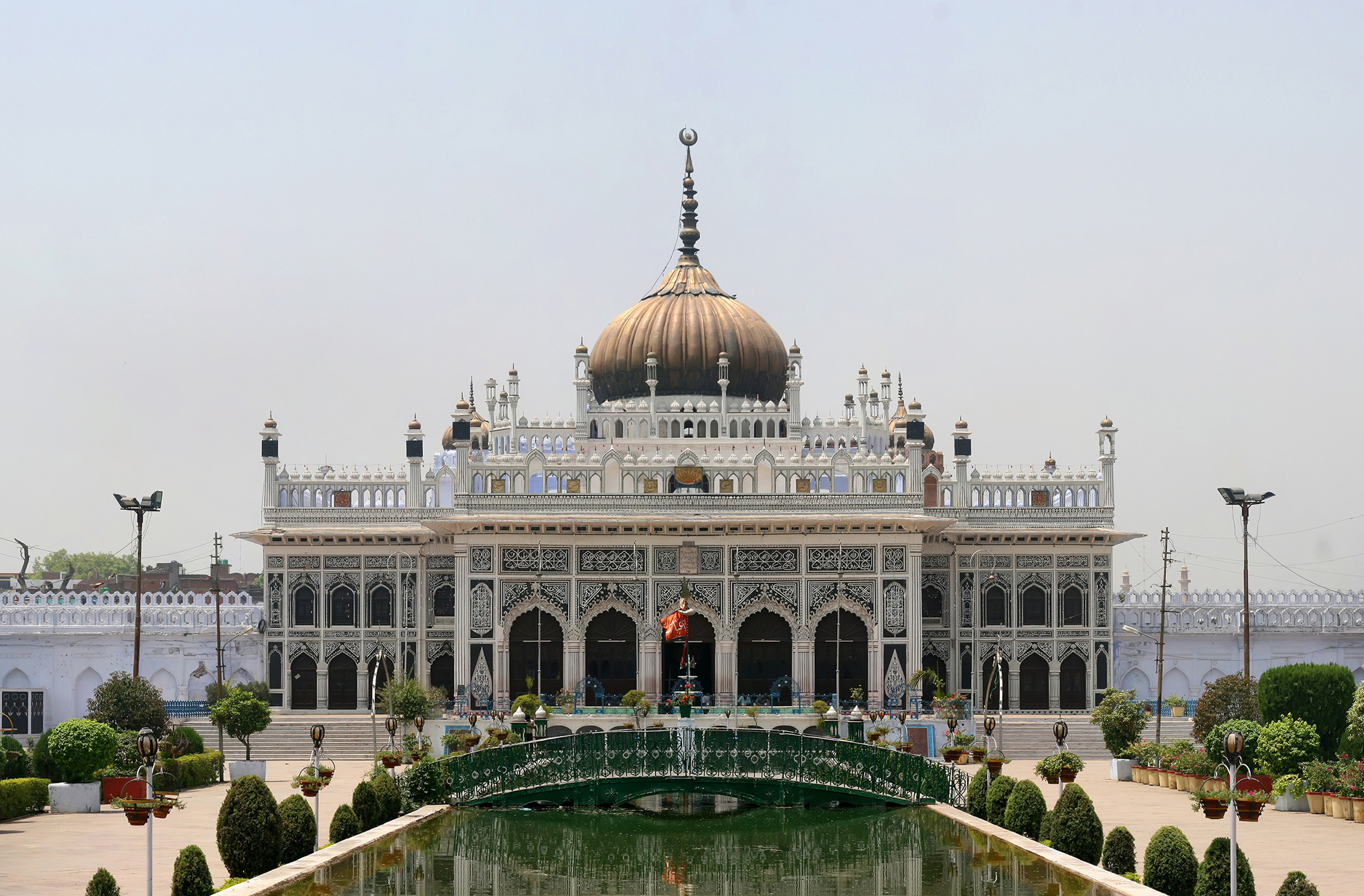
Chota Imambara
Also known as the Imambara of Hussainabad, this 19th-century structure is a shimmering example of Lucknow’s Nawabi elegance. Built by Nawab Muhammad Ali Shah, it serves as a congregation hall for Shia Muslims, especially during Muharram. The interiors are adorned with Belgian chandeliers, intricate mirror work, and beautiful calligraphy.
Outside, you’ll find two replicas of the Taj Mahal that serve as tombs. Surrounded by lush gardens and a tranquil pond, Chota Imambara exudes spiritual grace and architectural beauty. It’s both a religious center and an artistic gem.
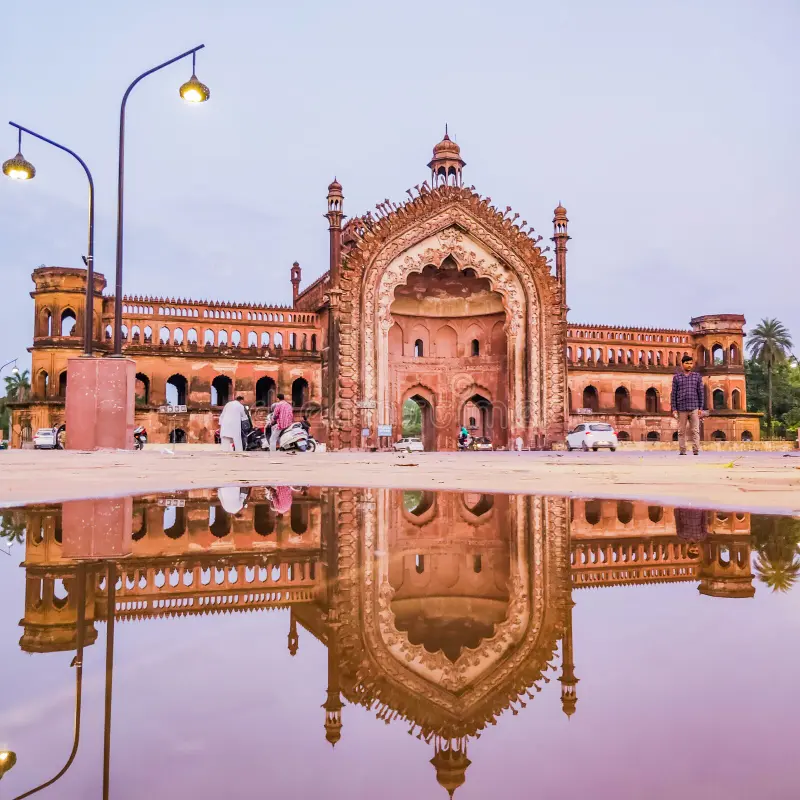
Rumi Darwaza
One of Lucknow’s most photographed landmarks. Built in 1784 by Nawab Asaf-ud-Daula, it serves as a ceremonial gateway between the Bara Imambara and the city. Inspired by the architecture of Constantinople (modern-day Istanbul), the gate is about 60 feet high and intricately carved.
It represents the zenith of Awadhi architectural style and reflects the grandeur of the city’s Nawabi past. The gateway glows beautifully at night, offering a romantic view of old Lucknow. It’s a must-visit for architecture and history enthusiasts.
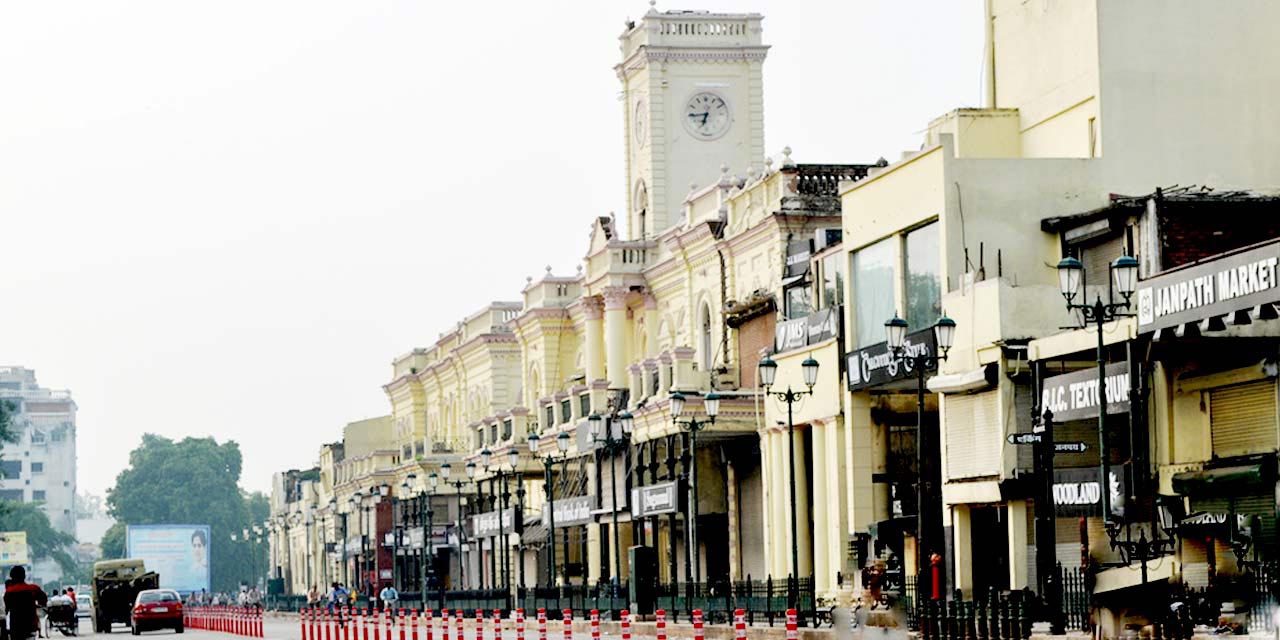
Hazratganj Market
A shopper’s paradise, Hazratganj is a blend of old-world charm and modern retail, lined with boutiques, cafes, bookstores, and traditional chikankari shops.
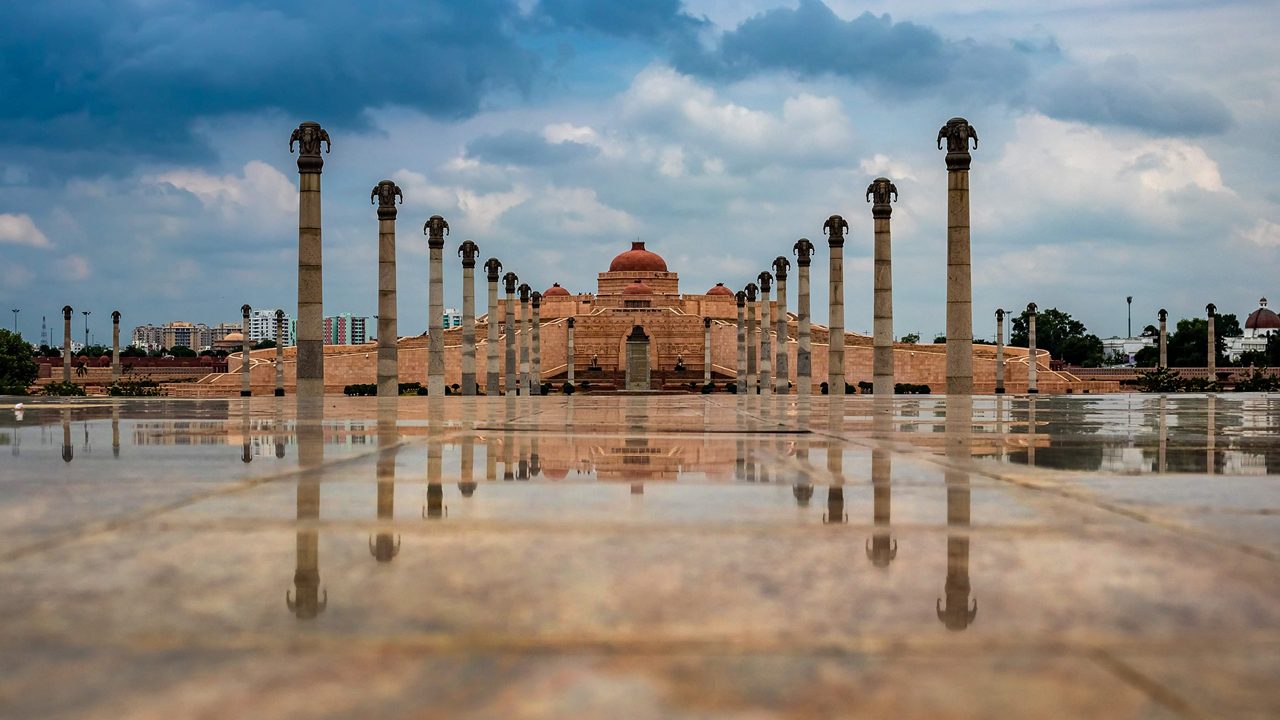
Ambedkar Memorial Park
Sprawled across 107 acres, this park features grand statues, domes, and vast walkways, paying tribute to Dr. B.R. Ambedkar and other social reformers.
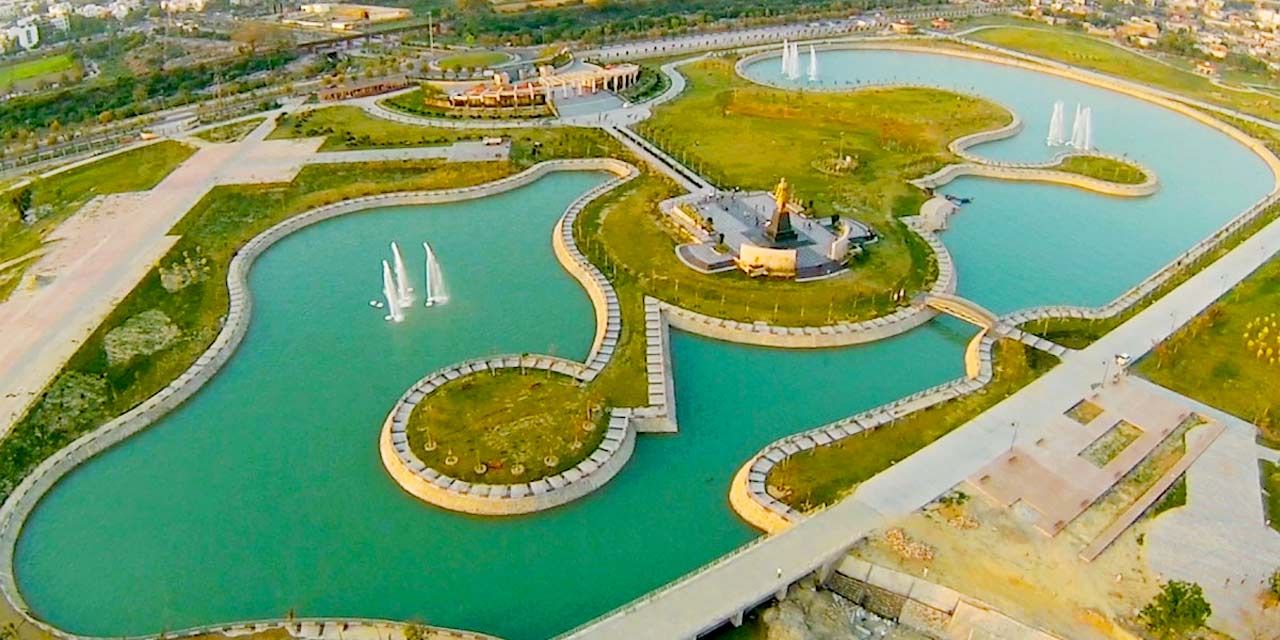
Janeshwar Mishra Park
One of Asia’s largest parks, it’s ideal for picnics, jogging, or boating. The green spaces and fountains make it a refreshing urban retreat.
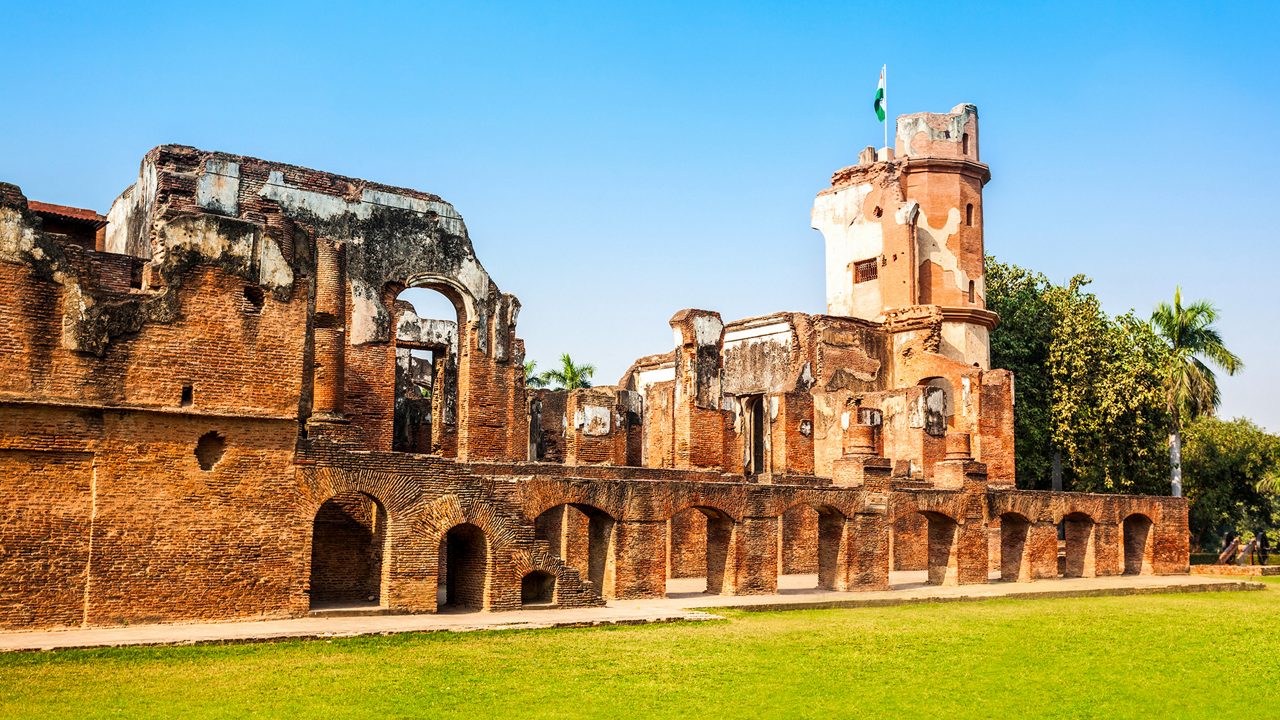
British Residency
A poignant reminder of the First War of Indian Independence in 1857. Originally the official residence for the British Resident General, it was heavily damaged during the Siege of Lucknow. Today, its ruins stand amidst well-kept lawns and gardens, housing a small museum that narrates the rebellion’s story through visuals and documents.
The bullet-scarred walls and preserved graves of British officers evoke deep emotions. It’s a quiet, reflective space where history speaks through architecture. The Residency is ideal for history buffs and those seeking lesser-known narratives.
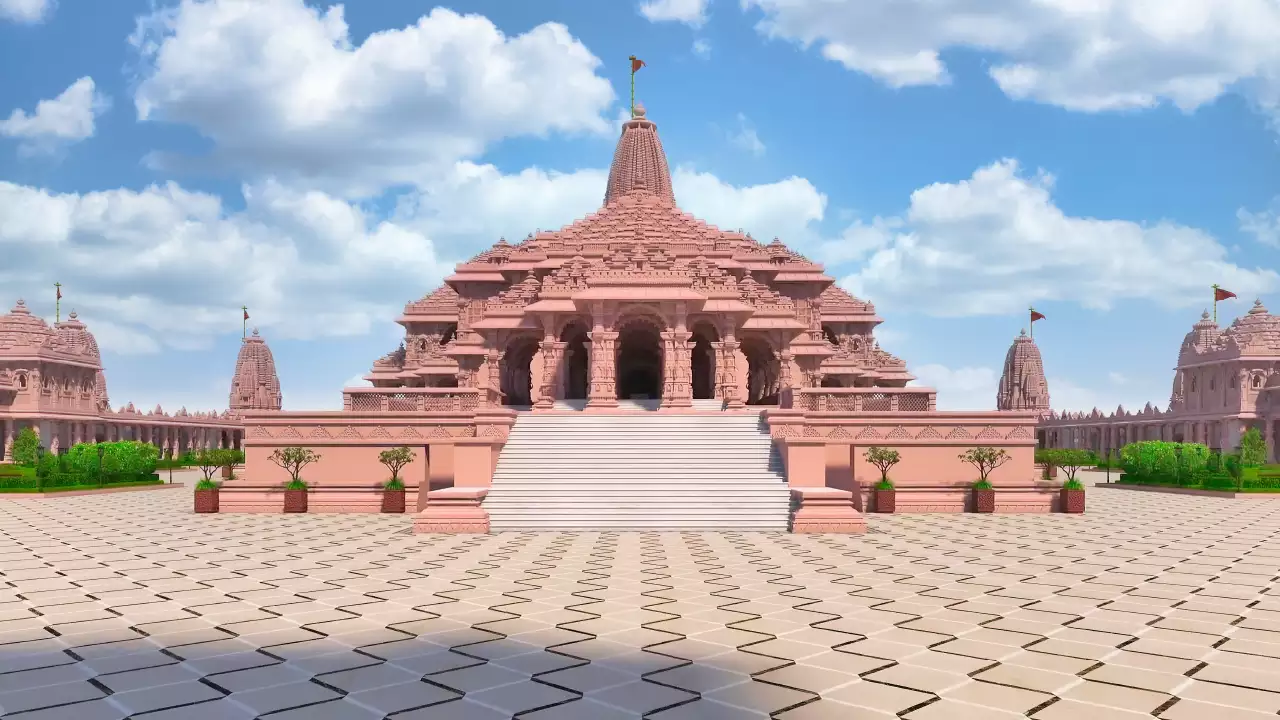
Ayodhya
Situated on the banks of River Saryu, is revered as the birthplace of Lord Rama and holds immense significance in Hindu mythology. The newly constructed Ram Mandir has become a national spiritual symbol. The city’s charm lies in its age-old temples, like Hanuman Garhi, Kanak Bhawan, and Dashrath Mahal, each tied deeply to Ramayana legends.
Religious processions, devotional songs, and the Saryu Aarti provide a divine experience. It’s a spiritual hub that balances mythology with modern religious fervor.
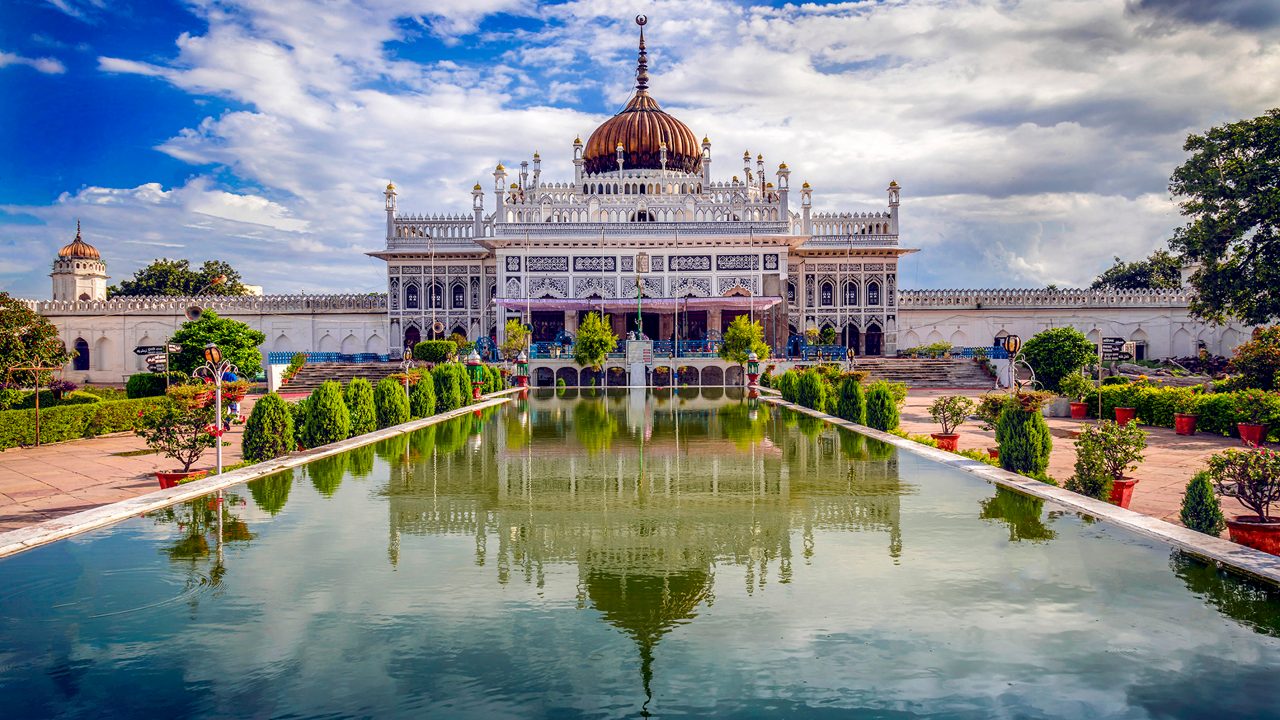
Faizabad
Adjacent to Ayodhya, was once the capital of Awadh. The city boasts Nawabi-era architecture, including the tombs of Shuja-ud-Daula and Bahu Begum
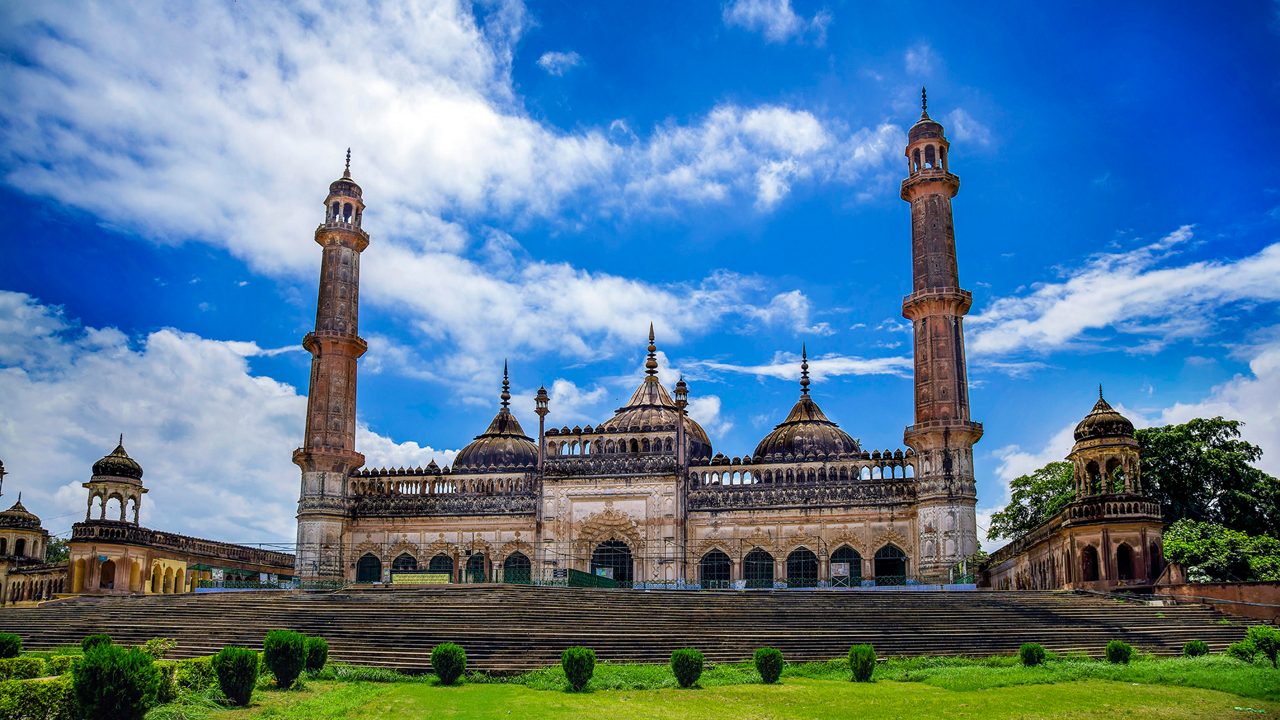
Barabanki
Known for its temples, mosques, rural ambiance. The Siddheshwar Mahadev Temple and Masauli Dargah are popular attractions for religious tourism.

Unnao
Known for its ghats, temples, and textile industry. It’s a quiet stopover with tales of kings, saints & warriors etched in its old structures.
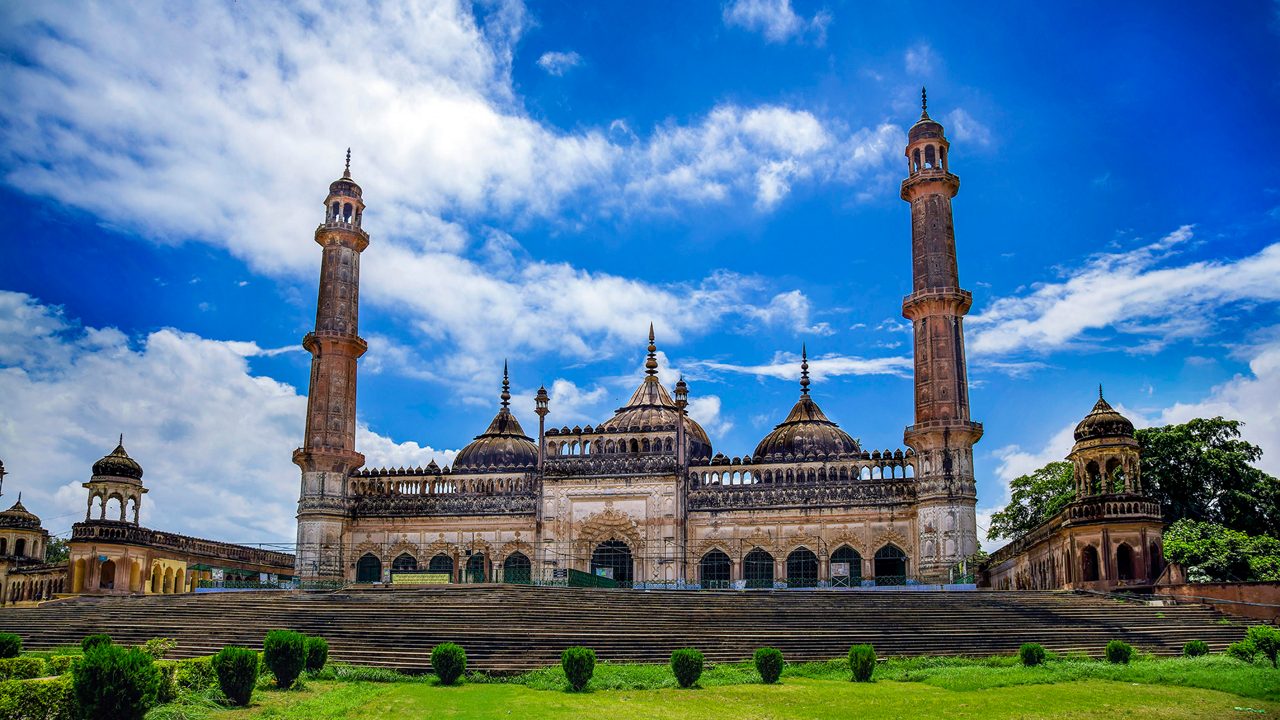
Raebareli
Known for its political significance and green environment, has ancient ruins, and the Indira Gandhi Memorial Botanical Garden, making a good mix of nature & history.
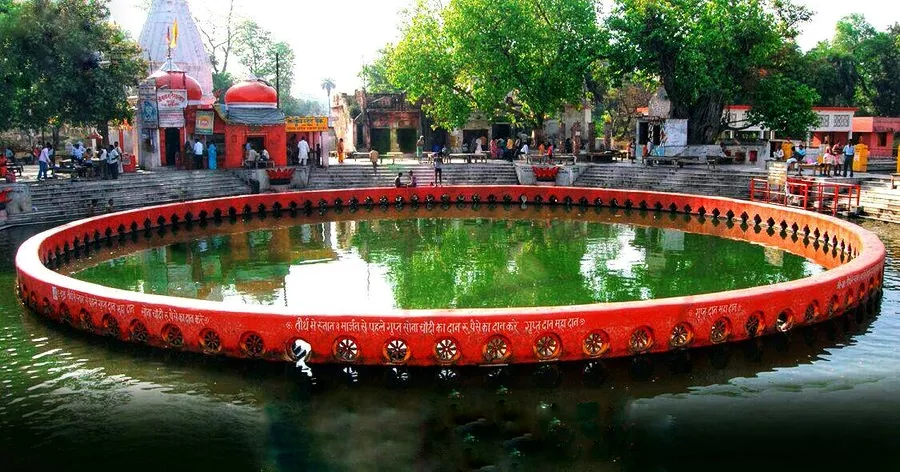
Naimisharanya
Also known as Nimsar, is a sacred pilgrimage site believed to be the first place on earth where divine power descended. Mentioned in ancient scriptures, it’s said that sages gathered here to compose the Puranas. The Chakra Tirth, a sacred pond where Lord Vishnu’s chakra is believed to have fallen, is a major draw.
The peaceful Ghats, Vyas Gaddi, and Hanuman Garhi offer spiritual solace. The air is filled with hymns and rituals, attracting thousands of devotees year-round. It’s a quiet retreat for spiritual seekers and lovers of mythological heritage.
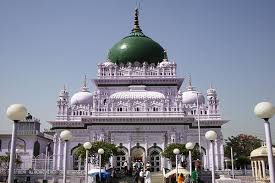
Dewa Sharif
This Sufi shrine is visited by people of all faiths who come to seek blessings at the tomb of Haji Waris Ali Shah.

Bithoor
:Located on the banks of the Ganges, Bithoor is both a religious and historical site. It played a role in the 1857 revolt and is believed to be the childhood home of Lord Krishna.
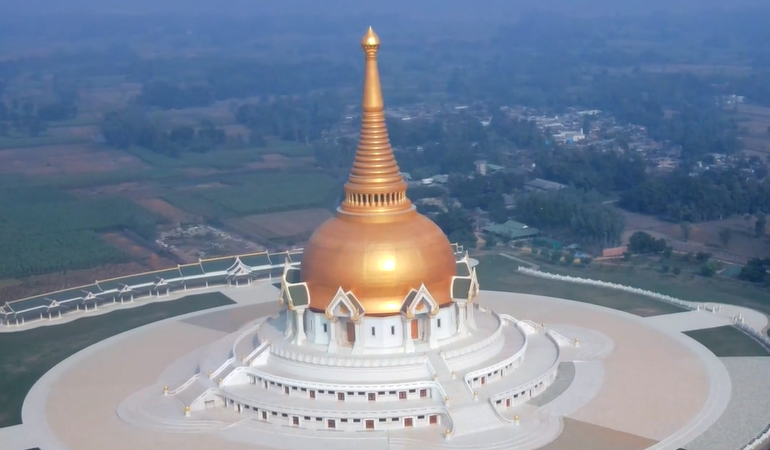
Shravasti
Once a prominent Buddhist center, Shravasti houses ruins of Jetavana Monastery and age-old stupas.It’s believed that Lord Buddha spent many monsoon seasons here, making it a sacred pilgrimage spot for Buddhists from around the world.
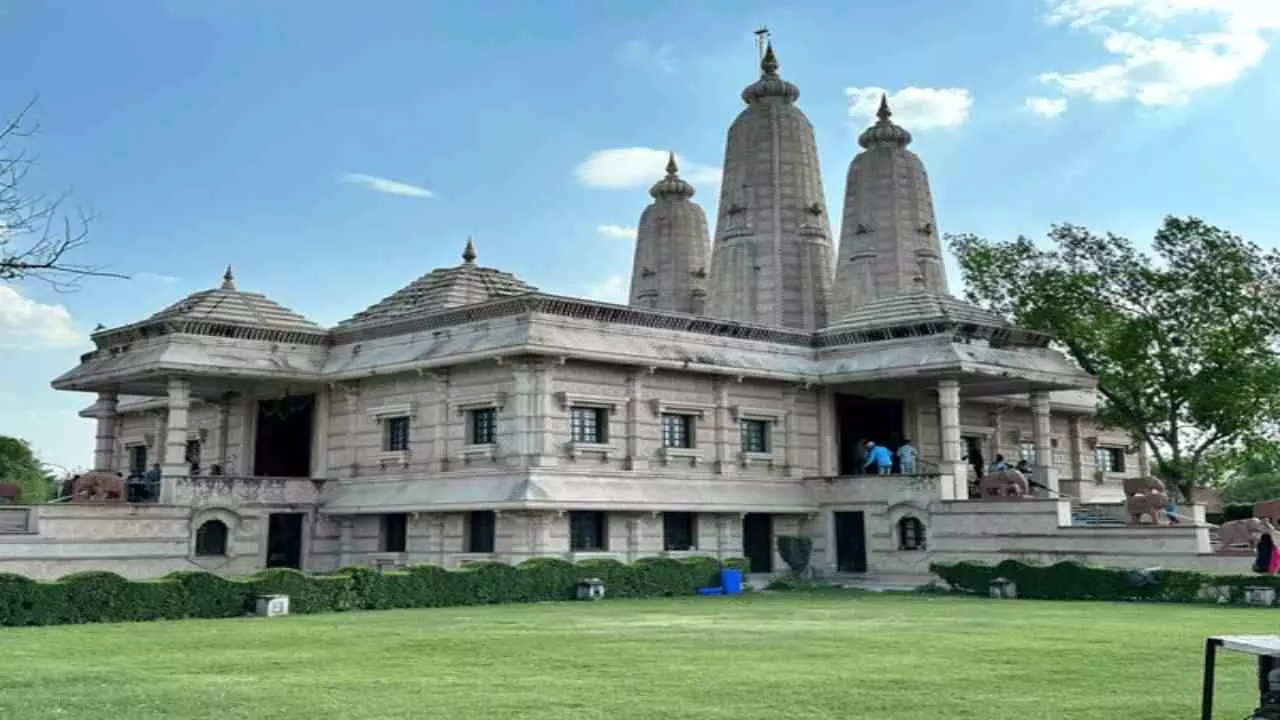
Kanpur
One of Uttar Pradesh’s largest industrial cities, historically significant and culturally vibrant. During the British era, it was known as Cawnpore, playing a key role in the 1857 Revolt. Visit the Kanpur Memorial Church, J.K. Temple, and Allen Forest Zoo for a mix of heritage and modernity.
The city is also home to educational institutions like IIT Kanpur. Along the Ganga River lies Bithoor, a mythological town associated with the Ramayana. Today, Kanpur thrives as a textile and leather hub, offering a mix of colonial charm and contemporary bustle.
Lucknow Blogs
- Uttar Pradesh Cultural guide
- Places to visit in Lucknow
- Places to visit nearby Lucknow
- India’s most popular destination
- India’s archaeological marvels
Recommended articles
- Uttar Pradesh Cultural guide
- Places to visit in Lucknow
- Places to visit nearby Lucknow
- India’s most popular destination

